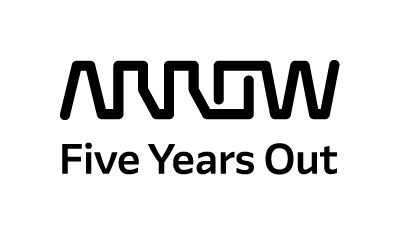Stop. Don't Recycle That!
by Carol Baroudi

In an age where green is the new black, somehow the mantra of “Reduce, Reuse, Recycle” has been reduced to simply “Recycle.” And that’s a problem.
When we think about sustainability from the point of view of conservation of resources, both energy conservation and materials conservation, the first injunction will always be “Reduce.” Reduce consumption. Make less stuff. Whatever happens to goods later in their lives will be of lesser value from a sustainability perspective. “Reduce” always saves energy, always saves materials.
Next, in what should be considered a sequence and not “choose one,” is “Reuse.” What’s so important about reuse? First and foremost, no energy is spent in sourcing new materials or in the manufacturing of a new product. No new materials are needed. There’s a greater return on the original energy expended, a greater return on the materials used, and the overall savings of not creating something new.
If an item (and no part of it) is truly not reusable, then, and only then, should “Recycle” enter the equation.
And this is why we, Arrow Value Recovery, are not recyclers of electronics. We always put reuse first, and if a device itself cannot be reused, we harvest any parts that can be reused. It’s our commitment to environmental sustainability and our sound business practice, day in and day out. We believe that putting reuse first also diminishes (reduces) the number of new devices needed.
Adam Minter, in his book Junkyard Planet (a great read, by the way) cautions that recycling is not the best solution for sustainability. Recycling is “a morally complicated act,” he argues. To understand his meaning, you may need to read the whole book, but it’s easy to get that in cycles of recycling, energy and materials are expended and lost. If you want to make a difference, he says, “Stop buying so much crap in the first place.” And, he says, “I encourage people to think about what it means to recycle, and make smart choices as a consumer before you buy that thing you’ll eventually toss out.”
Recycling is a solution addressing waste. Moving toward waste elimination means avoiding acquiring what’s not necessary and making use of what you already have – either by continuing to use it yourself, finding someone else who can use it, or putting it to another purpose. Clearly recycling is hugely preferable to putting stuff into a landfill or burning it, but it should always be choice number three.
Note that the Gartner Magic Quadrant for IT Asset Disposition, Worldwide is just that – not a Magic Quadrant for electronics recyclers, but a Magic Quadrant for IT asset disposition. Gartner advises businesses on solutions pertinent to their operations, articulating both risks and opportunities. The focus is on value. If your electronics are going to a recycler, it’s likely that neither you nor the Earth is realizing their real value. Look for ways to extend their life. Most devices have years of useful life left when they’re replaced. Some parts may be good for another 15 years. Remember that “Recycle” should be an option only after you’ve exhausted “Reuse.”

